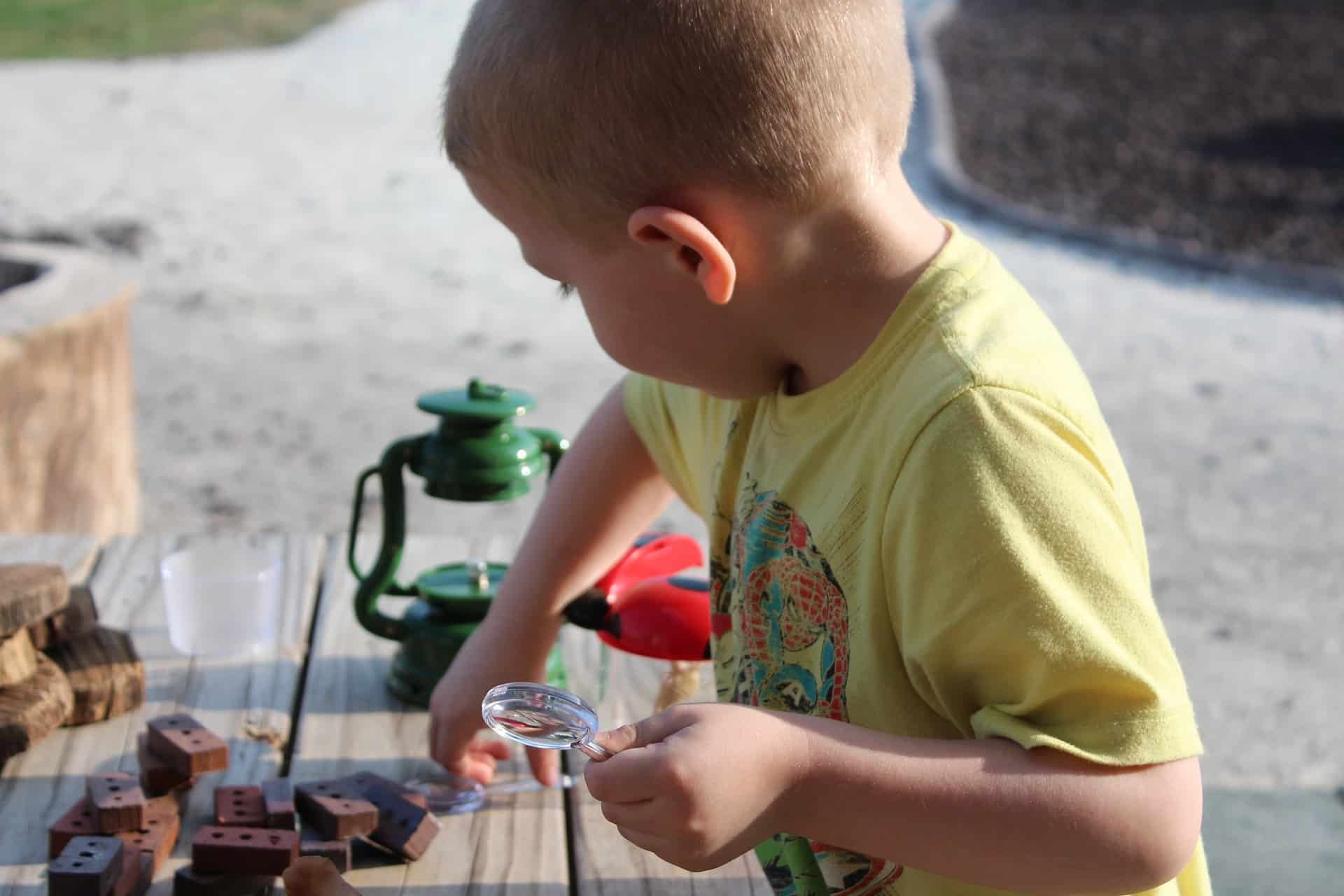As the childcare industry evolves, there is a debate amongst parents and nannies about the different roles in childcare. Some families seek childcare to keep the children safe, allowing the school system to provide early childhood education through early start, preschool and kindergarten programs. Other families seek a teacher to help develop the skills and academics needed while also providing snacks and child-related tasks.
Nannies can provide childcare only, be an early childhood educator or do both but it depends on two critical factors. First, for a nanny to be an early childhood educator, he or she needs to have collegiate training to gain a deep understanding of development, learning milestones, and gain teaching skills. Second, parents must be able and willing to pay a fair wage to nannies who have advanced training and experience, going beyond the norms of traditional childcare.
Childcare Providers
Nannies may be full or part-time but differ from sitters in that they are a consistent childcare provider over a longer period. Nannies usually have contracted, consistent work for a year or more, although there are some positions for shorter periods of time, such as summer nannies. Nannies are responsible for one or more children throughout the workday while family members are at their places of employment. In addition to providing for the safety and well-being of the children, a nanny may also provide meals and activities, take them on outings and providing additional support such as transporting children to and from school, from school to clubs, sports practices, playdates, and other activities. Nannies work autonomously and may have full responsibility to care for the children overnight or when families are out of town.
There is a wide range of nanny positions and the duties vary greatly. Some nanny positions are focused solely on the child(ren) and the nanny is responsible for chores associated directly with that care such as the child’s laundry, fixing meals for the child, washing bottles, ensuring the child cleans up their playroom and completes homework. Other nanny positions include household management or family assistant work that includes cleaning, running errands, cooking for the entire family, overseeing home repair and routine auto maintenance like oil changes and tire rotations.
Early Childhood Educators
Parents and educators are more aware of the positive impacts of quality, early childhood education and the benefits to children. While very young children need time to play and explore on their own, adding some adult-led activities can broaden their experiences.
Of the 20 million+ children under the age of 5 in the United States, around 11 million are being cared for in some capacity by childcare providers. This could be structured with full-day or part-time programs and includes before and after school care as well as summer care. For childcare businesses, state certification requirements and credentialing of the staff vary greatly. Early Head Start and Head Start programs require at least 50% of their workforce to hold a bachelor’s degree and Pre-K programs in half of the states in the US require a degree as well. However, 10 states have no educational requirements for a head teacher and 23 states do not have consistent requirements for home-based providers. This creates significant confusion for parents seeking to hire an early childhood education nanny.
In addition to formal training and work experience in early childhood education, some families are seeking new academic and parenting approaches. Parents are emphasizing how their children learn and not just what the children will learn. This means early childhood education nannies need to understand traditional education as well as the Montessori, Reggio Emilia, Waldorf Steiner, Pikler, RIE, and gender-neutral philosophies.
For both parents and nannies, it’s important to clearly define the job and expectations. Not only with this help with the job search and candidate selection, but it will also help the nanny and family build a lasting working relationship. Whether childcare or early childhood education is included, it’s important that each child has the care, support, and love of family and caregivers.


Recent Comments